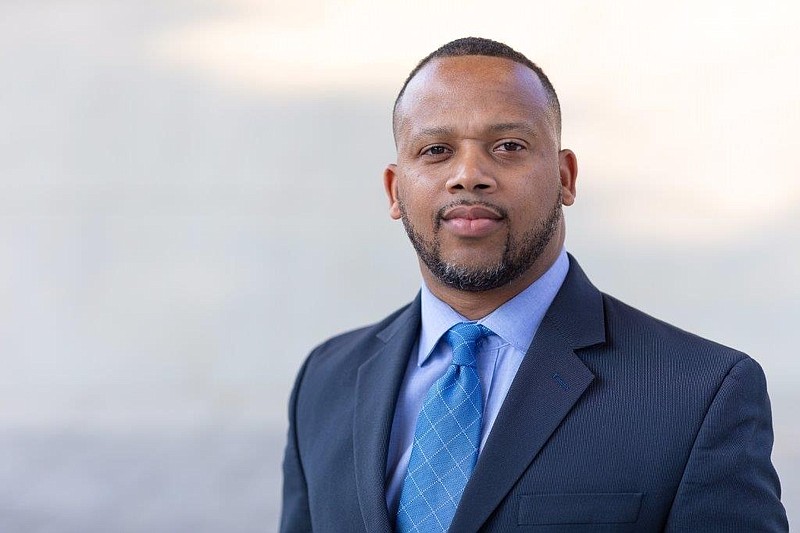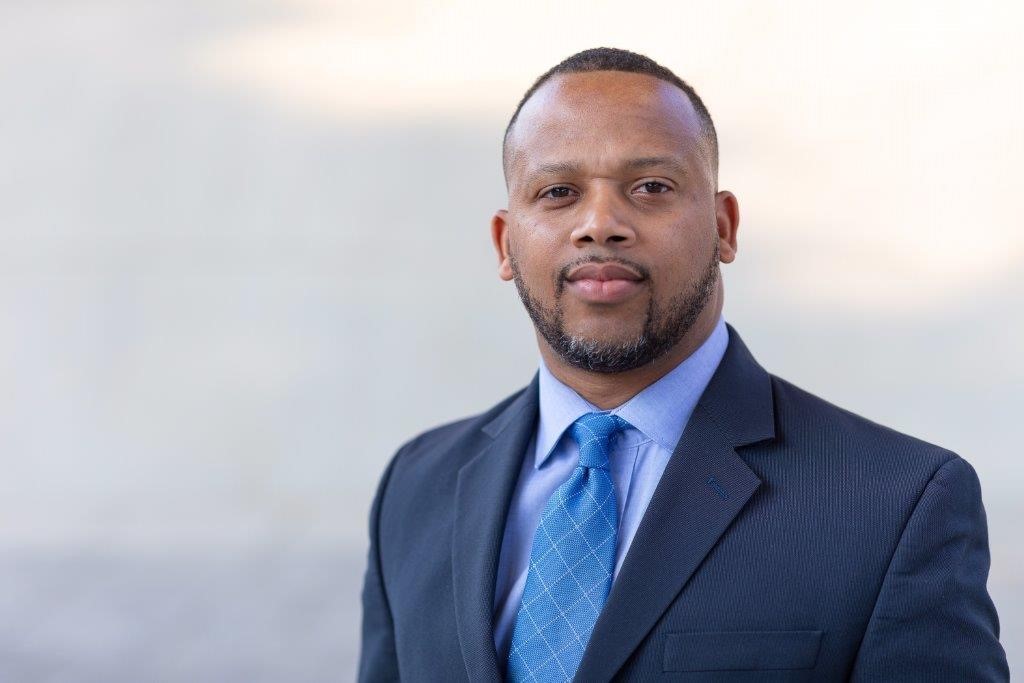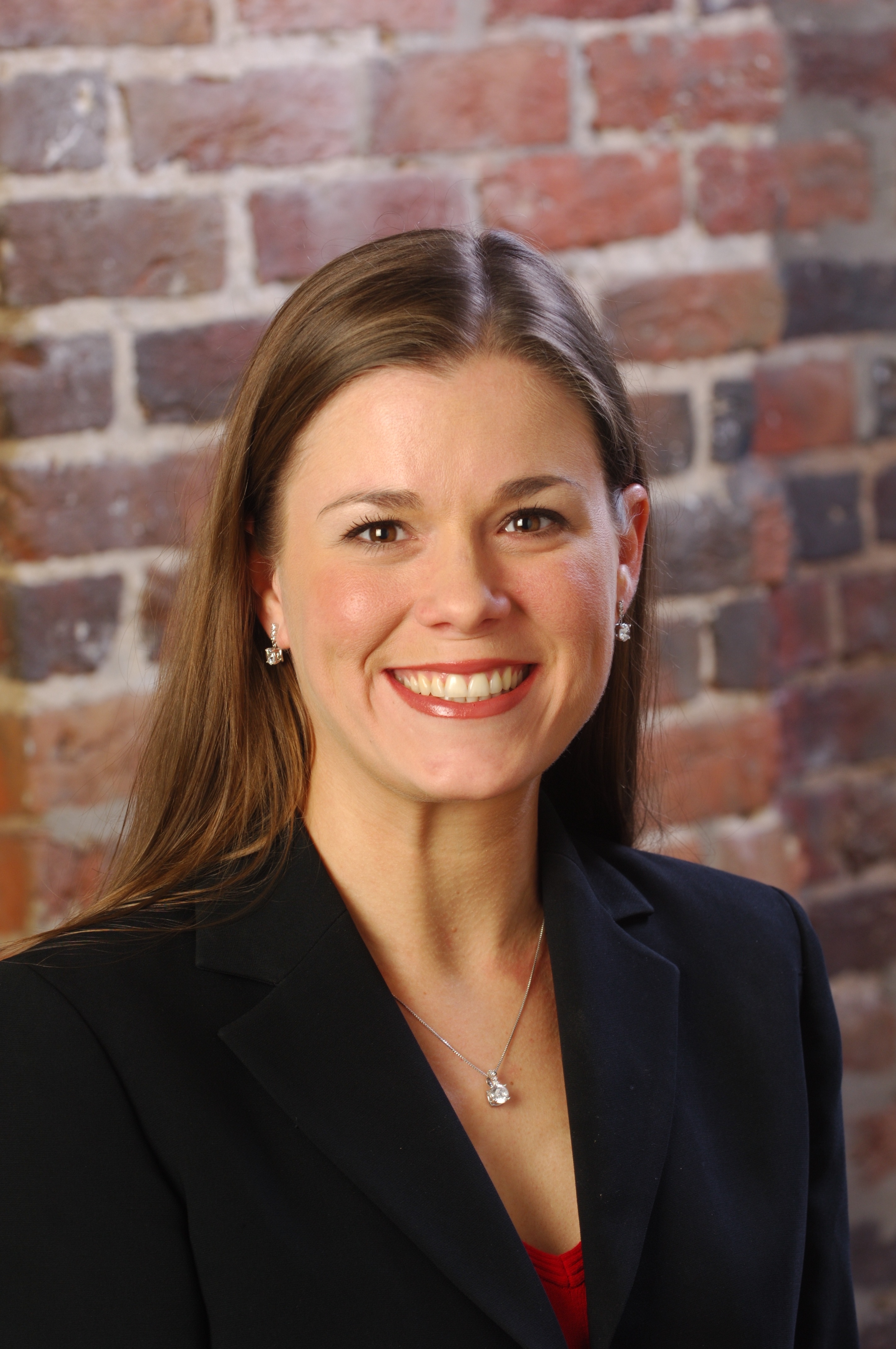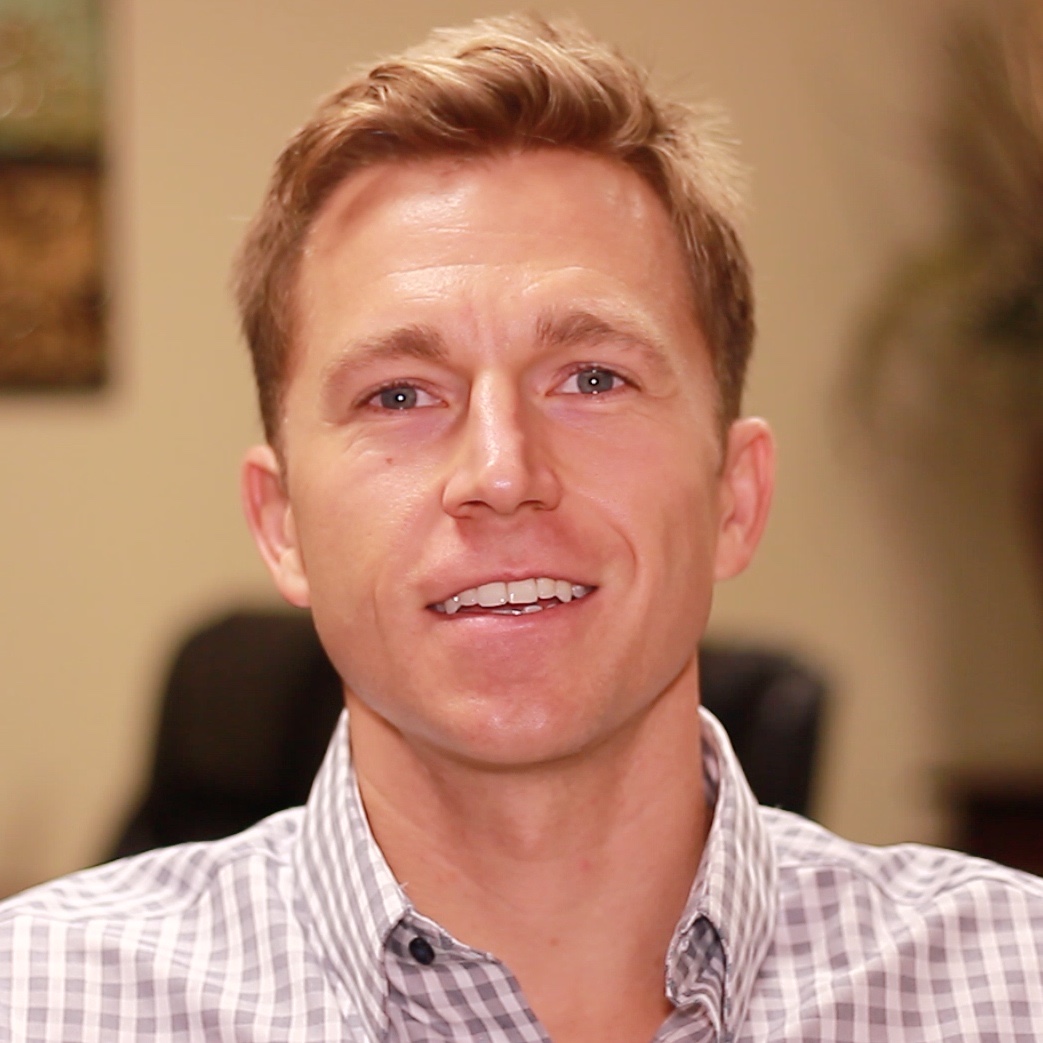When it comes to preparing for retirement, today's workers are on their own in a way that past generations weren't.
"Pensions are gone," says Jayme O'Donnell, a partner at Evergreen Advisors and co-host of the daily radio show Let's Talk Money on WGOW 102.3. "You are in control of this whether you like it or not."
The number of employers that offer old-fashioned defined-benefit pension plans has been falling steadily since the 1980s, and that leaves individuals with the responsibility to save, invest and plan for retirement themselves. The earlier people start thinking about that reality, the better, O'Donnell says.
"I don't think people in their 30s and 40s appreciate how this is really all on you," says O'Donnell, 38. "Once they recognize that, people begin to change their behavior."
But the path can be bumpy. Anything from a body blow to financial markets (hello, 2008) to the ball-and-chain of student debt can derail even the most well-intended investor. Throw all those external factors in the mix with the power of human emotions, and the recipe for building financial security gets pretty tricky, says Scottie Smith, 43, an assistant vice president and financial advisor for Merrill Lynch.
"Emotion is the main driving factor in the market," Smith says. "We still have a 2008 hangover. It's still very much in the psyche of America, and some people never fully recovered."
But while there's no magic formula for early retirement - or just the financial freedom to go whenever you're ready - there are some tried-and-true money rules that can stand savers in good stead, along with some common pitfalls to watch for.
Start yesterday
Time is your friend when it comes to investing.
"The stats say people don't really get serious about investing until their 40s or 50s, but your 20s is when you want to get started," Smith says. "Time is the tool, and time is the reason you want to be aggressive early."
Starting early also plants powerful habits that can build wealth over a lifetime, says Michael O'Donnell, 39, a partner at Evergreen Advisors with his wife Jayme and father-in-law Jim Place, who founded the business in 1983.
"In your 20s and 30s, you're establishing patterns that for decades to come determine if you're a saver living well below your means or you're a spender," he says. "The goal is to live well below your means so as you get raises there's no lifestyle creep."
But what if it's too late for all that? What if your 20s, 30s or even 40s are gone, and time has turned from friend to frenemy?
"You'll see someone who's 50 years old and they haven't done any of these things and they assume it's too late," Jayme O'Donnell says. "There is always something you can do. Start now."
Pay it down, put it away
There are lots of reasons to set money aside, but paying down debt and establishing an emergency fund should be high priorities, says Jayme O'Donnell.
"Step one in your 20s is to build an emergency fund of at least $1,000 to $5,000," she says. "That can keep you from ending up in big credit card debt."
As obligations grow, so should that emergency fund, she says. At the same time, it's smart to establish the habit of contributing to your employer's retirement fund up to any match.
"That's free money," she says.
And while it can be a tall order to simultaneously pay down debt, set money aside for an emergency fund and contribute to a retirement account, doing any of those things at any level is better than doing nothing, she says.
"In a perfect little world, everyone would save 25% of what they make," she says. "That's a goal to work towards."
Live simply
The company you keep can be an unexpected factor in helping or hurting long-term financial health, Michael O'Donnell says.
"Who you hang out with makes a big difference in your ability to save," he says. "For example, in the climbing community, conspicuous consumption is frowned upon, and saving is encouraged."
Putting the money you earn to work before it ever hits your pocket is a smart way to keep a handle on spending, Smith says.
"Set retirement contributions to auto-increase every year," Smith says. "Then you don't even feel it."
Decline in traditional pensions
Defined benefit retirement plans, also called pensions, provide workers with guaranteed retirement benefits. Defined benefit plans were available to 79% of union workers and 17% of nonunion workers last year, according to the U.S. Bureau of Labor Statistics. In 1975, 88% of all private sector workers who had a workplace retirement plan had a defined-benefit pension.
Watch out
For every best-practice tip, there's a pitfall that can throw any plan, no matter how solid, into a tailspin. And some of them start long before the saving and investing begin.
"Your job choice and your spouse or partner search are both important," says Michael O'Donnell. "If you pick the wrong one, either of those can derail you."
Our culture pushes the idea of educational debt as a good investment no matter your career goals, but that isn't always true, Smith says.
"People need to be very targeted when it comes to education and student loans," he says. "Know whether or not it will pay off. Across the board, even among very high earners, one thing that really straps them is student loan debt."
Having a plan for health care expenses is also a crucial element of building financial freedom, Jayme O'Donnell says.
"For those that want to retire, health care can be their biggest barrier," she says.
Many people work to 65 just to get to Medicare coverage, but not everyone is physically able or wants to do that, she says. Health coverage is expensive, whether it comes through COBRA, through the ACA exchange or through - for the very lucky and increasingly rare - employer-sponsored retiree coverage, she says.
"Unless you qualify for a subsidy, you're looking at $1,000 to $1,500 a month in premiums," she says. "And that's just the premiums. You'll pay thousands out of pocket for care before the coverage kicks in."
Poor health and job loss can also be pitfalls for someone who plans to work past retirement age to make up for a lack of saving and investment, Michael O'Donnell says.
"You're not guaranteed your health and your ability to work, or that you'll have a job," he says. "People get downsized and find the opportunities are nowhere near what they had before."
The role of a financial adviser is always to stress test any plan, to help encourage strong saving and investing habits, and often to prompt uncomfortable conversations, Michael O'Donnell says.
"We don't tell people what they want to hear all the time," he says. "We tell them what they need to hear."
Retirement math
Michael O’Donnell shares this bare-bones formula for calculating how much you need to have saved for retirement:Figure out what your living expenses will be every month (call it $6,000 a month for this hypothetical exercise).Annualize that ($72,000).Subtract guaranteed sources of income like Social Security and pension (Let’s call those $30,000 a year).Whatever expenses remain need to come from your portfolio (So, in this hypothetical case, $42,000 year).Divide that by .04 (the result is $1,050,000).That’s the nest egg you need at retirement to make the math work.“The underlying theory is that if you draw 4% from your portfolio over 30 years, you won’t run out of money,” O’Donnell explains.



